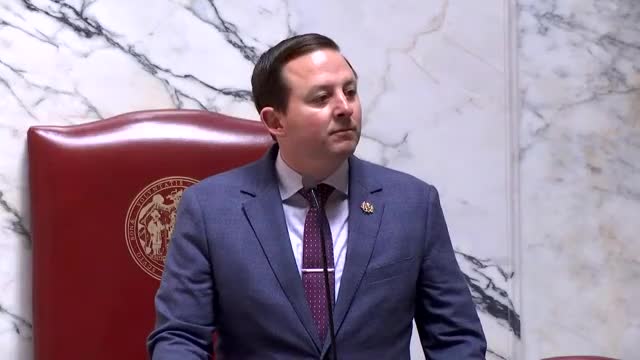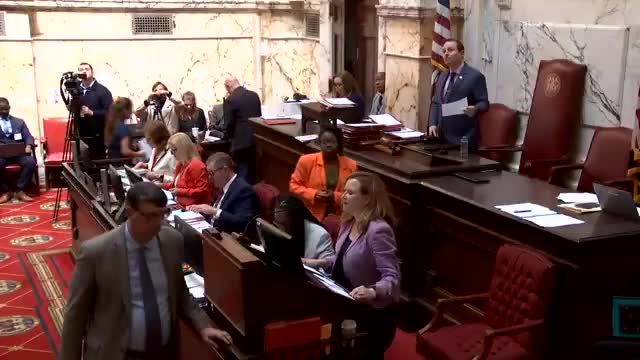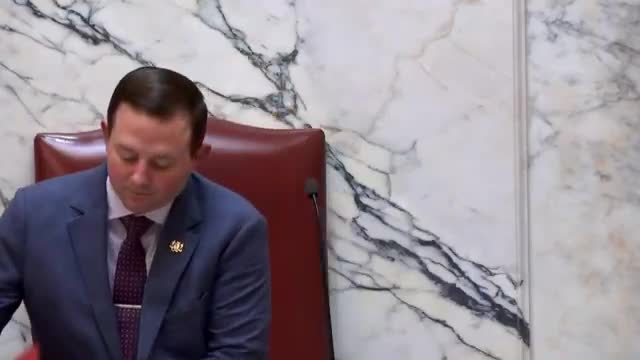Article not found
This article is no longer available. But don't worry—we've gathered other articles that discuss the same topic.

Senate advances next‑generation energy bill with $200 million rebate, procurement and rate changes; waste-to-energy removed from RPS

Senate advances solar siting bill with 5% cap in county-designated preservation areas; amendments fail

